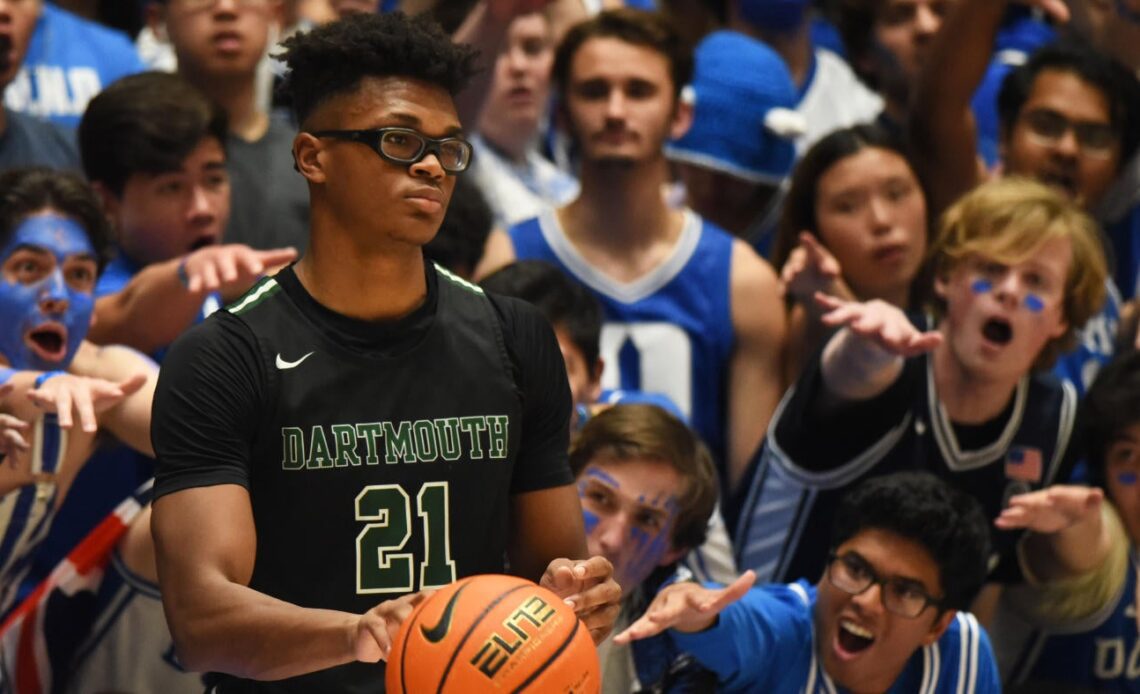For the first time, NCAA athletes have been allowed to unionize. A National Labor Relations Board regional manager ruled on Monday the Dartmouth men’s basketball team could vote to form a union. It would mark the first time a labor union would consist of NCAA athletes.
What’s next?
Here’s what could happen:
From student-athlete to student-employee
In essence, the decision changes the decades-old designation from “student-athlete” to “student-employee”, at least at Dartmouth. That NLRB official decided the players should be compensated because of the labor they provide to the private Hanover, New Hampshire-based school.
As such, Dartmouth players, which don’t receive athletic scholarships, could collectively bargain for salary, working conditions such as practice times and travel arrangements.
Front Office Sports reported Dartmouth will appeal the ruling, setting in motion a process that could take years and lead all the way to the Supreme Court. But for now, it is another blow against the NCAA and its amateurism model.
Vote to join union expected soon
At some point in the near future, the 15 players on the Dartmouth roster will vote to unionize. Only a simple majority of eight is needed for the players to formally ask to join Local 560 of Service Employees Union. That union already represents some employees at Dartmouth.
The players have already indicated a desire to unionize. Sportico reported a vote could come within a month.
“The schools will have to pay the players,” Michael Hsu, a former University of Minnesota regent who instigated the Dartmouth complaint, told CBS Sports. “Minimum wage is what it is, minimum wage. Some players may make only minimum wage. Other ones, there will be a lot of competition over. This gives them a chance to use the athletic director’s budget to pay players.”
Such a vote could lead to a domino effect around the country. Dartmouth is in the Ivy League, a group of private schools who all have similar profiles. They do not offer scholarships and by and large their sports don’t produce revenue. That didn’t matter to the NLRB official who focused on the work the athletes put in.
“[Players] perform work in exchange for compensation,” NLRB regional manager Laura Sacks ruled on Monday.
An historic step
This is the furthest a union movement has progressed. In 2014, the NLRB rejected a unionization attempt by Northwestern football players…
Click Here to Read the Full Original Article at CBSSports.com Headlines…

